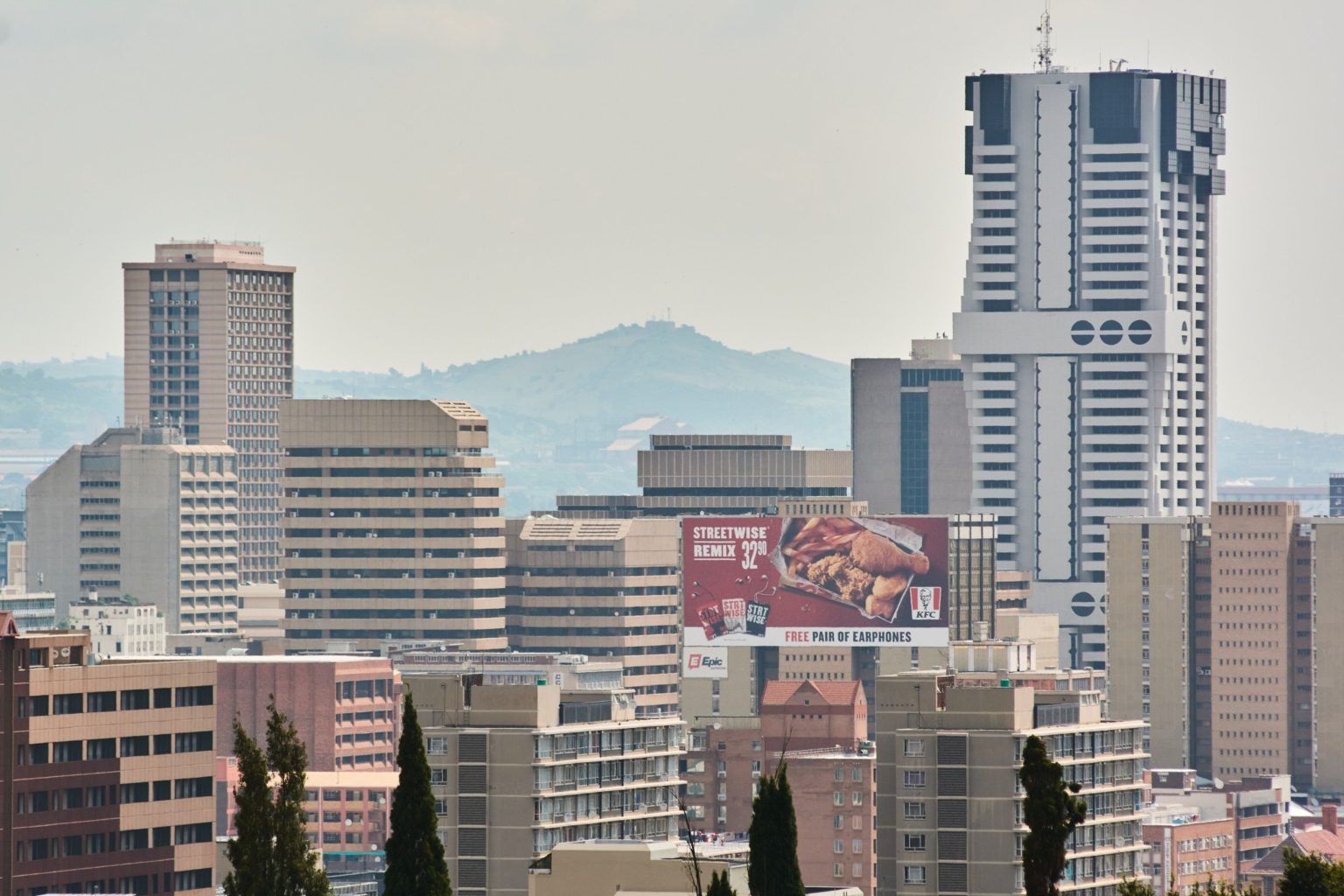Unstable power and SOEs cripple SA’s growth: Standard Bank

Standard Bank sees South Africa’s escalating power crisis, and the country’s ‘political climate’ which is crippling state-owned entities (SOEs), weighing on growth in 2023.
Delivering its economic outlook for South Africa for 2023, Standard Bank chief economist Goolam Ballim said he anticipates that South Africa’s GDP will expand 1.3% in 2023, quite a retreat from the bank’s previous forecast of 2.3% for 2022.
It predicts 1.8% growth in 2024.
Its forecasts closely mimic those of the International Monetary Fund (IMF), which predicts the economy will grow 1.2% this year, and is far more upbeat than that of the South African Reserve Bank (Sarb), which sees South Africa’s GDP growing by a meagre 0.3% this year.
Delivering the first Monetary Policy Committee (MPC) statement for the year last month, Reserve Bank Governor Lesetja Kganyago slashed South Africa’s growth forecast by half, saying the burden of load shedding will hamper growth.
More disturbing than the rolling power cuts that South Africans have become accustomed to is the level of unplanned outages, Ballim said.
“Unplanned outages were significant over the last couple of quarters in suppressing energy availability … It is the unplanned outages that have been incredibly meaningful in retarding reliable power supply or at least elevating the various [stages of load shedding],” he said.
First implemented 15 years ago, load shedding has become progressively worse in recent years. Since the end of October, load shedding has occurred over more than three successive months. And there is no immediate end in sight, with Eskom implementing permanent rolling power rationing for the next couple of years.
“Last year, we estimate that growth could have been 1.7% stronger, with the rather utopian belief of unblemished power supply, which of course was not the case. And as we spill over into 2023, it’s quite conceivable that we could have a similar level of subtraction to economic growth, as a function of power rationing,” said Ballim.
“The primary items which seem to bedevil South African business, and have been longstanding in some respect, relate to, for example, [the] political climate.
“Within the political climate … there are concerns around state-owned entities, and that has been elevated for some while. It remains elevated and we don’t think that is necessarily going to turn imminently,” he said.

